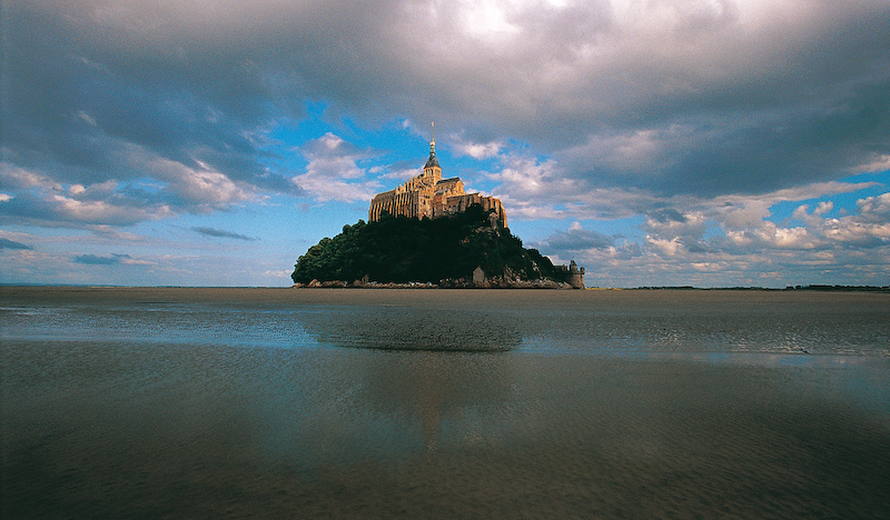World Tourism Day 2018: protecting World Heritage
Tourism is increasingly a major source of growth, employment and income for many of the world’s countries, particularly in emerging economies. However, when mismanaged, overwhelming numbers of visitors can damage ancient monuments and put intangible heritage at risk.
World Tourism Day is an opportunity to reflect on the importance of protecting World Heritage and ensuring that tourism makes a positive contribution to the sustainable development of destinations and their local communities. This is especially relevant for this year, which is both the European Year of Cultural Heritage and the EU-China Tourism Year.
The theme of this year’s World Tourism Day is ‘Tourism and the digital transformation’. UNESCO is working with the European Union to combat overtourism by developing ‘World Heritage Journeys of the European Union’, an online travel platform that encourages people to travel more sustainably, by staying at destinations longer and going beyond the major tourism hubs. The platform, which was launched earlier this month and has been designed by National Geographic, provides comprehensive information on 34 World Heritage sites and their cultural attractions, experiences and stories. Through this approach, we aim to encourage people to visit these World Heritage sites in ways that local people and experts recommend and encourage.
The UNESCO World Heritage Centre, through its Sustainable Tourism Programme, is continuously developing online tools that enable World Heritage sites to better manage and monitor tourism. These include the UNESCO World Heritage Sustainable Tourism Toolkit (launched in 2016) and the Sustainable Tourism and Visitor Management Assessment Tool (which will be pilot tested from October 2018).
The programme enhances links between the key actors in the sustainable tourism and conservation sector, and develops tools and methods for practical applications. The Programme also encourages the development of planning methodologies, so that tourism development remains within the limits of acceptable change to the Outstanding Universal Value for which the sites were listed.
UNESCO is committed to working with its States Parties to supporting dialogue and positive action to address overtourism and the challenges it presents. With over 1.2 billion people travelling internationally each year, a number which is expected to grow to 2 billion by 2030, it has become more important than ever that we work together to safeguard World Heritage.
Mechtild Rössler
Director
UNESCO World Heritage Centre
